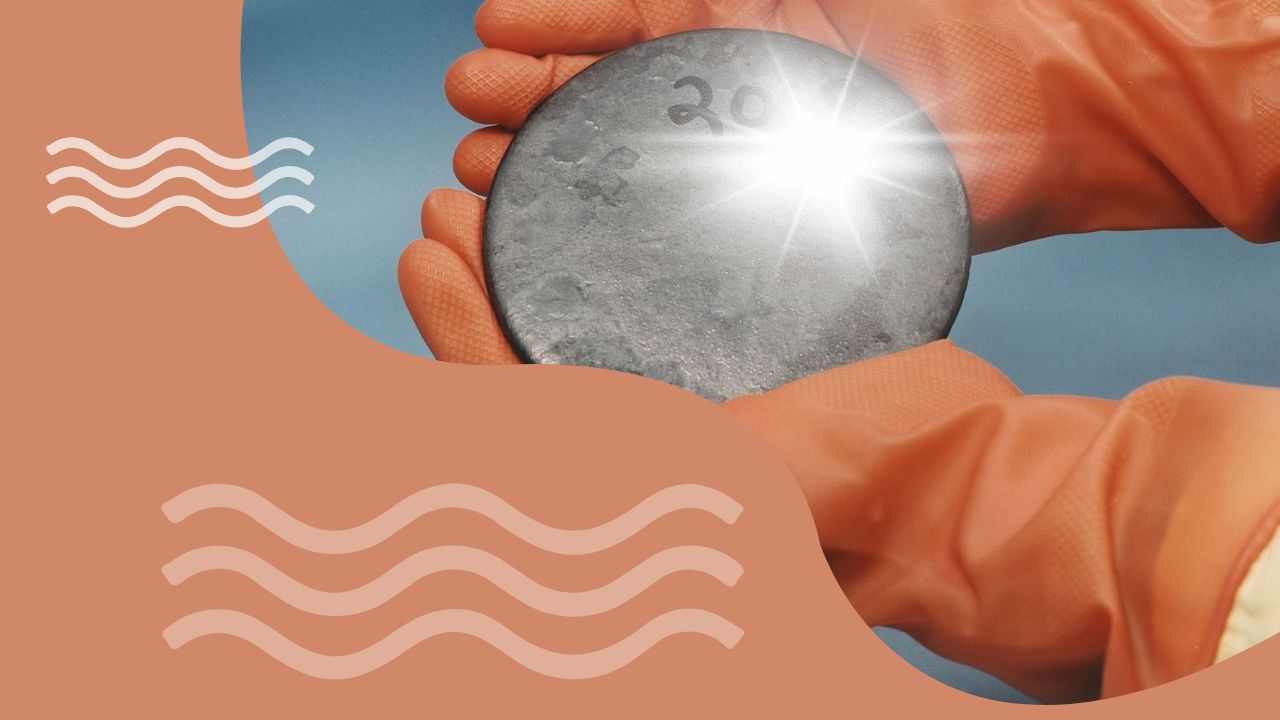Germany significantly ramped up its uranium imports from Russia in 2024, recording a 70% increase to 60.8 tons, according to a report from Der Spiegel based on data from Lower Saxony’s Ministry for Environment, Energy, and Climate Protection. The uranium is processed at the Advanced Nuclear Fuels facility in Lingen, operated under French ownership through Framatome, part of energy company EDF. This facility is preparing specialized nuclear fuel cells for WWER reactors, a Soviet-era design predominantly used in Eastern Europe, which have traditionally relied on Russian-made fuel.
Germany’s Federal Ministry for the Environment clarified that uranium imports for peaceful nuclear use are not restricted by current EU sanctions on Russia. This exemption highlights a gap in the EU’s energy embargo strategy, even as the bloc attempts to sever energy ties with Moscow. Attempts to impose nuclear-related sanctions have repeatedly stalled due to opposition from member states like Hungary and Slovakia, which rely heavily on Russian energy cooperation.
Dan Jorgensen, the EU’s energy commissioner, recently admitted that the union’s efforts to curtail dependency on Russian energy, including nuclear fuel, have faltered. Jorgensen emphasized the need for a robust new strategy to address this issue, pointing out that existing policies are failing to achieve their intended goals. His proposed roadmap is expected to outline more effective measures to reduce reliance on Russian energy resources across the EU.

